Whether you’re trying to recover from a bout of writer's block or discover a lucrative way to launch a new product line, what you need is to get those creative juices flowing. But how? According to a wave a new research, it looks like practicing mindfulness may be one of the best approaches to finding some creative headspace.
In an era of employment where creativity is rapidly becoming one of the most sought after “skills,” the ability to consistently conjure up innovative ideas is going to be vital to future employees and executives alike. To help ensure your firm is flowing with groundbreaking thoughts, read on to discover how mindfulness could be right strategy for you and your employees.
Mindfulness Induces Divergent Thinking
You’ve more than likely heard someone use the phrase, “think outside of the box.” What they’re actually referring to is divergent thinking. It’s a thought process or approach used to generate creative ideas.
Sometimes referred to as a brainstorm or brain dump, this process is free-flowing and non-linear. Divergent thinking allows people to explore a wide variety of possible solutions without limiting the scope of ideas by standard logic.
However, once a brainstorm is all rained out and ideas are collected in your rain buckets, convergent thinking (more on this below) is used to streamline and organize the thought process to find the best or most appropriate solution. According to a study conducted by the Institute for Psychological Research, open-monitoring (OM) medication “induces a control state that promotes divergent thinking.”
Using scores from the Remote Associates Task (RAT) and Alternate Uses Task (AUT), OM-meditation participants showed significant increases in mood, fluency, flexibility, and originality in comparison to those in the baseline/control group and even the focused-attention (FA) medication group.
2. Mindfulness Increases Attention Span
In conjunction with lower anxiety, depression, anger, and fatigue, researchers at the National Academy of Sciences of the USA found that meditation gave undergraduate students greater control over their attention spans. Using the Attention Network Test, this study shows that even 20-minutes of medication can result in significant cognitive improvements.
While research shows that there is actually little direct connection between creativity and attention, the ability to focus one’s attention is a critical component of convergent/analytical thought. Because, convergent and divergent thought are two halves of the whole creative process, researchers at the Department of Behavioral Science and Learning argue that better control over one’s attention span is necessary to successfully solve the problem at hand.
3. Mindfulness Boosts Mental Fortitude
In a study by the Journal of Occupational Health Psychology, researchers tested the level of mindfulness, in this case “heightened awareness,” and the mediating effect of their psychological capital (e.g., hope efficacy, resilience, optimism) of organizational leaders and entrepreneurs. In every test group, mindfulness was shown to be negatively related to dysfunctional outcomes, such as anxiety, depression, and managerial burnout.
Why is it so crucial to not be a bundle of nerves? Because lower levels of stress are associated with perceived creative climate. In addition to more innovative ideas, creative climates and lower levels of stress greatly improve organizational structure and working relationships.
4. Mindfulness Enhances Observation Skills
A study from the University of Amsterdam found that the ability to observe and attend to various stimuli consistently and positively predicted creativity. By practicing mindfulness, people become more intune with internal (e.g., thoughts, feelings, visions, senations) and external stimuli (sights, sounds, smells, tastes).
On top of observation skill being the only consistently reliable predictor of creativity in the above study, it is also associated with improved working memory, cognitive flexibility, and reduced cognitive rigidity. That is, the more able one is to observe, the more creativity they can bring to a project boosted by practicing active mindfulness.
5. Mindfulness Sharpen Decision-Making Skills
When it comes to successful business practices, making business decisions based strictly on emotion isn’t one of them. For business executives looking for a way to minimize reactionary thinking, scientists suggest mindfulness could be the answer.
In a study published by the Department of Neuroscience at the University of Pittsburgh, researchers analyzed MRI scans from participants who completed an eight-week mindfulness course. Their findings showed that dispositional mindfulness was associated with actually shrinking the “fight or flight” part of the brain (the amygdala).
What’s more, as the amygdala shrinks, the prefrontal cortex becomes denser. This change in the brain is associated with more complex brain behaviors such as awareness, concentration, decision-making, planning, personality development, and appropriate social behavior.
Mindfulness Strategies
If you’re interested in increase your team's creativity abilities, productivity, and focus, you should consider implementing a mindfulness program. To learn more about what Mindfulness Strategies can do for your company, click here to contact us today.




